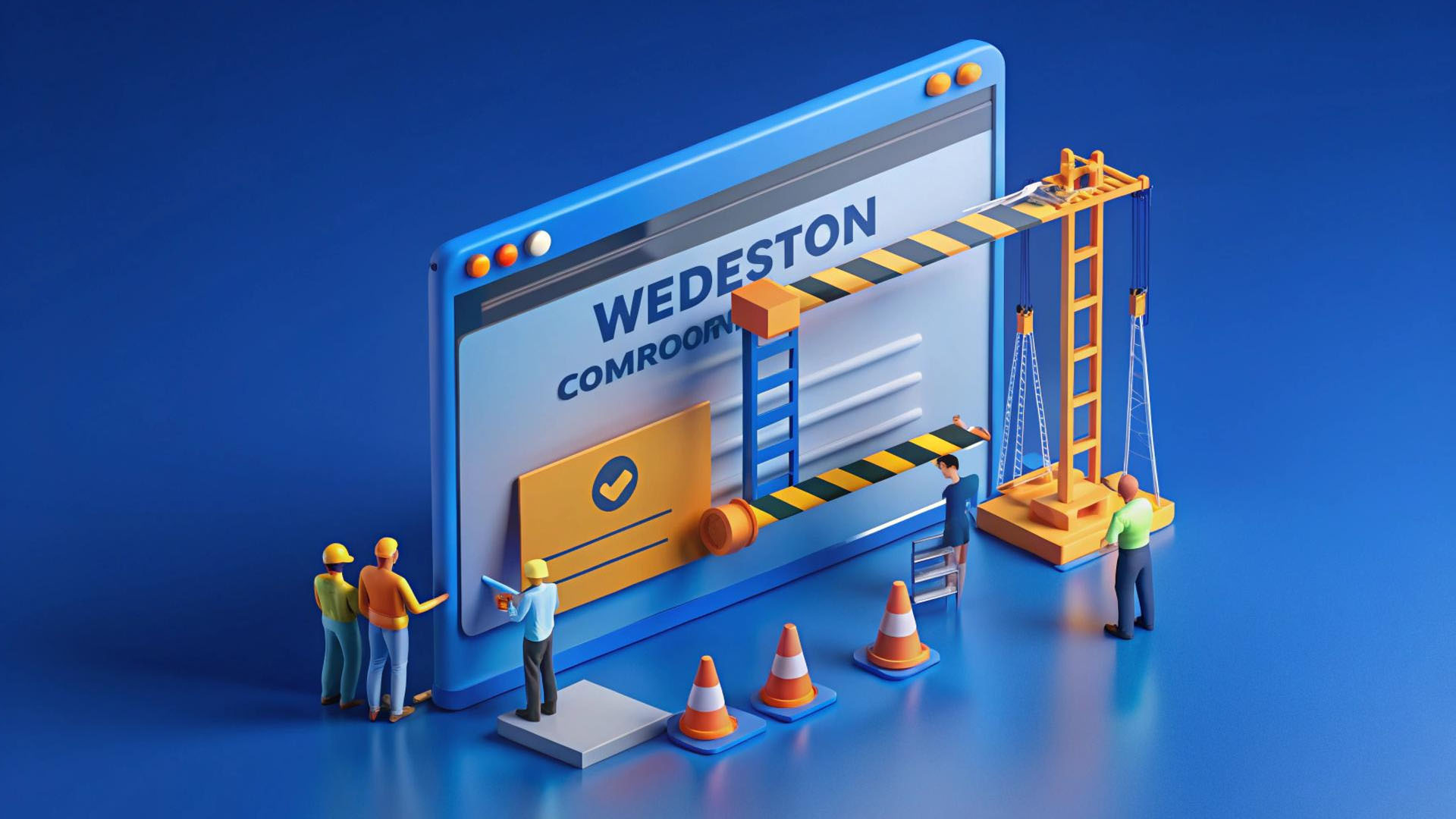What You Need to Know First
Website maintenance is a crucial aspect of managing a successful online presence, but it’s often overlooked by many businesses once their website is up and running. Just like any physical asset, a website requires regular care to function optimally. Website maintenance involves performing routine checks, updates, and improvements to ensure that the website stays secure, functional, and user-friendly. Without regular maintenance, a website can face a range of issues, including security vulnerabilities, broken functionalities, and poor user experiences. In this article, we will explore what website maintenance entails and why it is essential for every business.
What is Website Maintenance?
Website maintenance refers to the ongoing process of updating and managing a website to ensure it performs at its best. It includes several tasks such as updating software, checking for errors, optimizing performance, ensuring that content is up-to-date, and securing the website against potential threats. These tasks may vary depending on the complexity of the website and its purpose. For example, an e-commerce site may require more frequent updates and monitoring than a static informational website. The goal of website maintenance is to provide a seamless experience for users while protecting the website from potential issues that could disrupt its functionality.
A well-maintained website is not only more secure but also runs efficiently, providing users with quick load times and smooth navigation. Additionally, website maintenance helps improve SEO performance. Search engines favor websites that are regularly updated with fresh content and operate without technical errors. Therefore, regular maintenance is critical for staying competitive online.
Why Regular Website Maintenance is Necessary
1. Security
One of the most important reasons for regular website maintenance is to enhance security. Cyber threats are constantly evolving, and hackers frequently exploit vulnerabilities in websites. Without regular updates and security patches, a website becomes an easy target for malware, phishing attempts, and hacking. For websites built on content management systems (CMS) like WordPress, routine updates to plugins, themes, and the CMS itself are essential for patching security gaps. Neglecting these updates can lead to data breaches, compromised user information, and significant reputational damage.
2. User Experience and Functionality
Regular website maintenance ensures that your website is functioning properly and providing a positive experience for visitors. Broken links, outdated content, slow-loading pages, or malfunctioning features can frustrate users and cause them to leave the site, leading to higher bounce rates. Consistently monitoring the website for these issues and fixing them promptly ensures that visitors can easily find the information or services they are looking for, leading to better engagement and higher conversion rates.
3. SEO and Search Engine Rankings
A well-maintained website can have a significant impact on search engine optimization (SEO). Search engines, like Google, prioritize websites that are regularly updated and free of technical errors. Issues like broken links, slow page speeds, and outdated content can negatively affect a website’s search engine rankings, making it harder for potential customers to find you online. By regularly updating the site’s content and addressing any performance issues, businesses can improve their SEO efforts and maintain higher rankings in search results.
4. Backup and Data Protection
Regular website maintenance includes creating backups of the website’s files and databases. Backups are essential in case something goes wrong with the website, such as a crash, hack, or data corruption. With proper backups, the website can be restored quickly and efficiently without losing critical information. Regular maintenance ensures that up-to-date backups are created frequently, minimizing the risk of permanent data loss.
5. Software Updates and Compatibility
The digital landscape is always changing, with new technologies and software updates being released frequently. Websites must keep up with these changes to ensure compatibility with browsers, devices, and third-party tools. Regular maintenance includes updating the website’s software, plugins, and any third-party integrations to ensure everything works seamlessly. Failing to keep the software updated may lead to compatibility issues that result in broken functionalities, poor user experience, and even security vulnerabilities.
6. Performance Optimization
Website performance directly impacts user experience, and slow-loading websites can drive users away. Regular maintenance helps optimize performance by addressing issues like large image files, unoptimized code, and unnecessary plugins that can slow down the website. By regularly reviewing and improving the website’s speed and performance, businesses can ensure that visitors have a smooth and fast browsing experience, which can lead to higher engagement and satisfaction.
What Happens When Website Maintenance is Neglected?
Neglecting website maintenance can lead to a variety of problems that can have a negative impact on the business. First and foremost, security risks increase significantly. Outdated software and unpatched vulnerabilities make it easier for hackers to infiltrate the website, which can lead to data breaches, loss of customer trust, and possible legal consequences.
A website that is not maintained regularly is also more likely to experience technical issues, such as broken links, 404 errors, and non-functional features. This can frustrate users and result in higher bounce rates, which negatively affects conversions and sales. Furthermore, without regular maintenance, the website’s SEO can suffer due to poor performance, outdated content, and technical issues, leading to a decline in search engine rankings.
Ultimately, a website that is not maintained can lose its effectiveness, fail to attract and retain visitors, and tarnish a business’s reputation. Regular maintenance ensures that the website continues to function optimally, deliver a positive user experience, and remain competitive in the online marketplace.
Conclusion
In today’s fast-paced digital environment, website maintenance is not just an optional task but a critical component of running a successful online business. Regular maintenance helps protect against security threats, enhances user experience, improves SEO, and ensures that the website remains functional and up-to-date. By investing in ongoing website maintenance, businesses can safeguard their online presence, build trust with users, and maintain a competitive edge. Ultimately, a well-maintained website leads to better performance, higher search engine rankings, and improved customer satisfaction.

